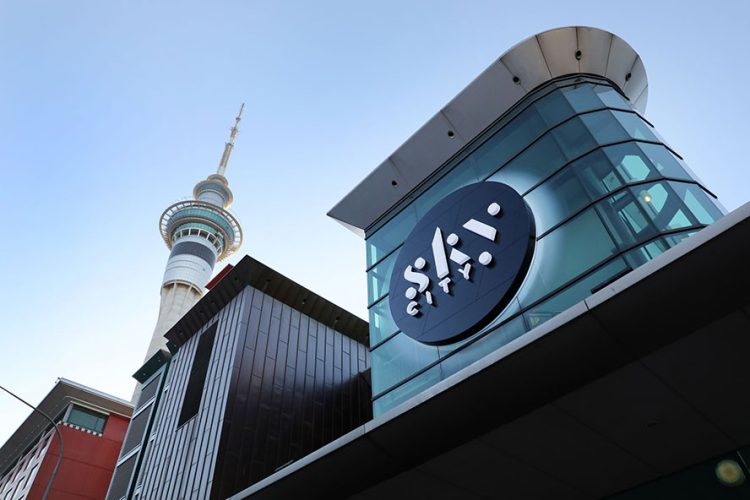SkyCity Entertainment Group, operator of three casinos in New Zealand and another in Australia, is reportedly opposed to a New Zealand government plan to issue up to 15 online casino licenses, arguing only five licenses should be granting instead. The company also wants those licenses to be restricted to local New Zealand firms.
SkyCity’s stance was included in official documents related to a new Online Gambling Bill and accessed by local media outlet RNZ under the country’s Official Information Act. The documents reveal a similar stance by the TAB, which wants no more than five to seven licenses issued.
Details of the Online Gambling Bill were first announced last year, with the government keen to offer up licenses in a bid to minimize the proliferation of illegal offshore gambling across the country.
However, in a letter to Internal Affairs Minister Brooke van Velde, SkyCity – which has already confirmed its intention to bid for one of the licenses on offer, argued, “The safest way to ensure online casino profits are subject to New Zealand income tax is to only allow incorporated New Zealand companies to hold licenses and not permit a license to be held by a foreign company or a New Zealand branch of a foreign company.”
Van Velden told RNZ that it was clear SkyCity was looking out for its own interests. casino was looking after its own interests.
“I’m not here to look out for SkyCity. I’m not here to look out for any established particular casino or their brands. I’m here to ensure that we have a fair marketplace and a fair, regulated market,” she said, according to the RNZ report.
The TAB, meanwhile, argued in a letter to New Zealand’s Racing Minister Winston Peters that opening the market up to foreign operators threatened the viability of domestic firms.
“Settings that create an open market would allow for multinational domination over NZ’s existing operators, establishing an unsustainable model for traditional gambling products, and risking our ability to appropriately fund racing and sport – all while driving gambling profits offshore and delivering worse harm outcomes for Kiwi consumers,” the TAB wrote. This would, it added, cause “severe implications for TAB NZ if this fast-growing online casinos market cannibalizes our existing operations by being legitimized in NZ in an open market context.”
However, van Velden also said any attempts to favor local operators could breach New Zealand’s free trade agreements.
“I have considered whether or not it should be domestic priority or offshore priority,” she said. “I think it’s fair just to allow anybody to bid for one of the licenses, rather than try and say, just because you’re here and you’ve been established for years in New Zealand, you’re necessarily a better operator.”
The New Zealand government is due to start issuing licenses in February 2026, with each licenses to be granted for an initial three years.
































